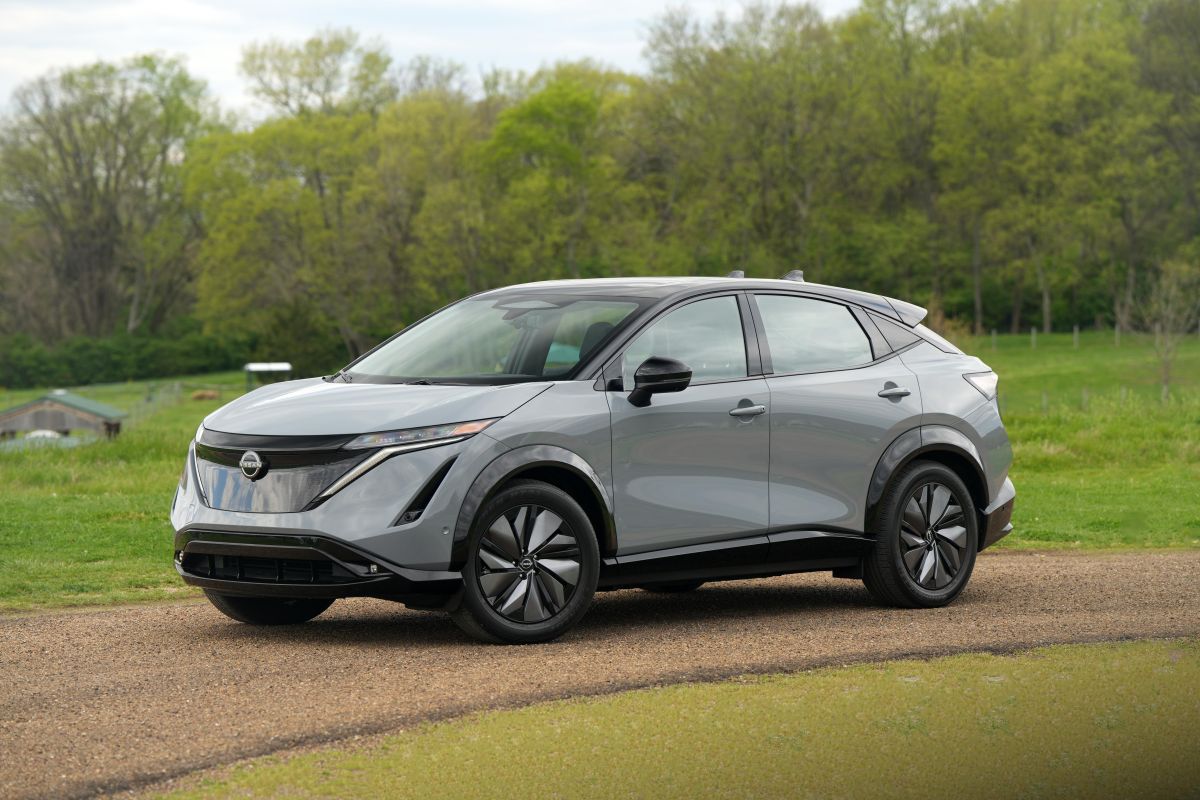Honda and Nissan have scrapped merger talks that began in December, officially ending plans to form what could have been the world's third-largest automaker. The decision follows disagreements over the structure of the proposed integration, with Honda seeking to make Nissan a subsidiary rather than forming a new holding company.
In a joint statement, the Japanese automakers confirmed they had “agreed to terminate the MOU (memorandum of understanding) signed on December 23 last year for consideration of a business integration between the two companies.”
The potential merger was initially viewed as a strategic move to strengthen competition against industry leaders like Tesla and Chinese electric vehicle manufacturers. However, tensions reportedly grew when Honda proposed a shift in structure -- suggesting that Nissan become a subsidiary rather than an equal partner in a joint holding company.
"As a result of these discussions, both companies concluded that, to prioritize speed of decision-making and execution of management measures in an increasingly volatile market environment heading into the era of electrification, it would be most appropriate to cease discussions and terminate the MOU," the statement read.
Despite the collapse of merger discussions, both companies affirmed they would continue collaborating on electric vehicle (EV) technology and smart car developments, including autonomous driving. Mitsubishi Motors, which had considered joining the Honda-Nissan alliance, has yet to confirm any alternative partnerships.
The impact of the failed merger follows financial challenges for both automakers. Honda reported a 7% decline in profits for April-December, totaling 805 billion yen ($5 billion). Nissan, on the other hand, projected an annual net loss of $518 million for the fiscal year ending in March, a stark contrast to its previous year’s profit of $2.7 billion.
Had the merger proceeded, the combined entity -- including a potential Mitsubishi partnership -- was estimated to be worth over $50 billion. However, for now, Honda and Nissan remain separate competitors in an increasingly volatile automotive market.













